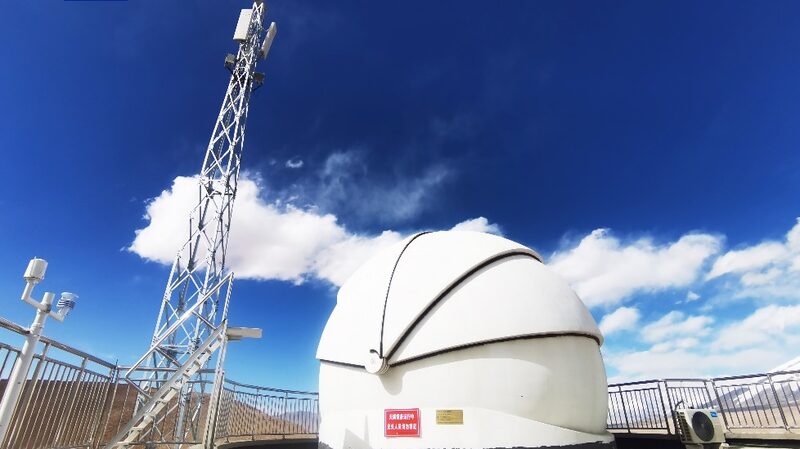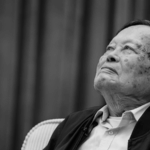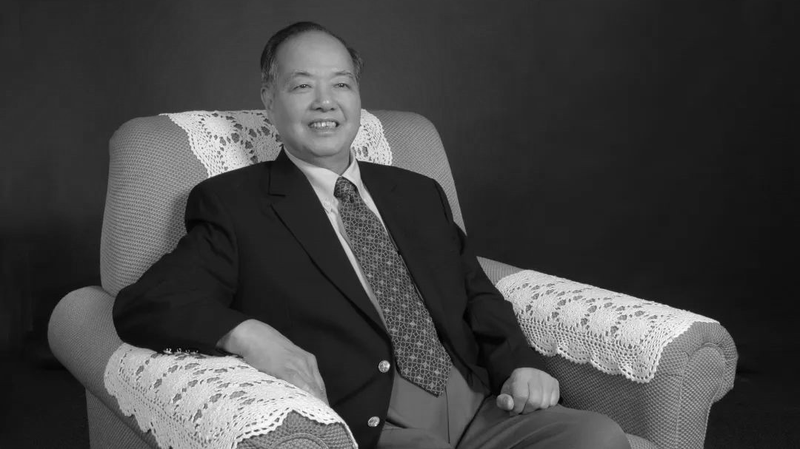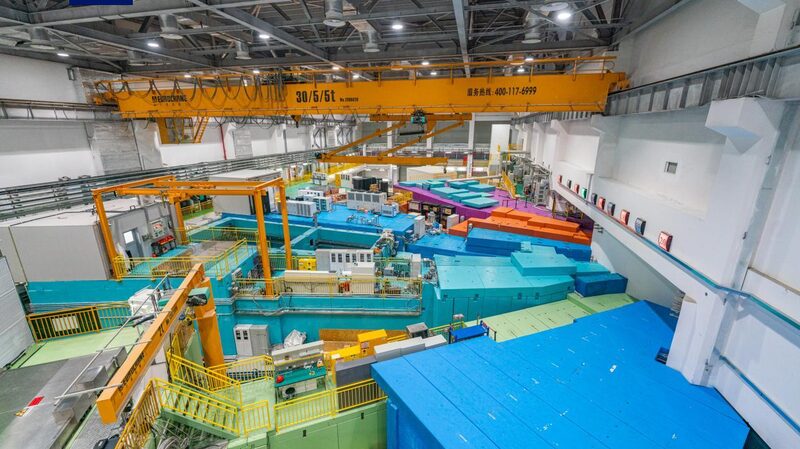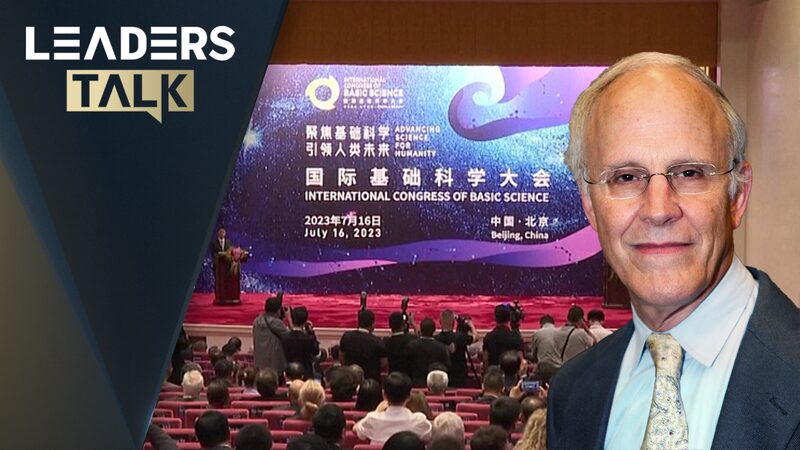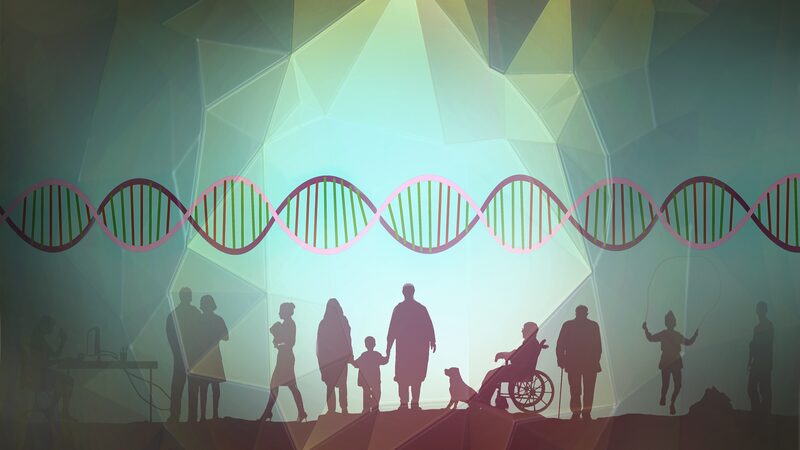Nobel laureate Gerard Mourou, renowned for his groundbreaking work in laser physics, has embarked on a new journey in China, aiming to advance ‘extreme light’ research for applications in medicine and energy.
On Friday, Mourou shared his ambitious plans during the Beijing Forum, which runs from November 1 to 3. “I’m going to work on extreme light for medical and energy fields,” he stated, expressing enthusiasm for the opportunities ahead.
The French physicist, who recently joined Peking University’s School of Physics as a chair professor, spoke on the sidelines of the global academic forum focused on innovation and human progress. At the forum’s opening ceremony, he outlined the transformative potential of ultra-high-intensity lasers in areas such as medical treatment and nuclear energy generation.
In 2018, Mourou was awarded the Nobel Prize in Physics alongside Arthur Ashkin and Donna Strickland for “groundbreaking inventions in the field of laser physics.” His pioneering contributions have paved the way for advancements in laser technology across various scientific disciplines.
Mourou is set to assist in establishing a new institute at Peking University dedicated to scientific research and international cooperation in fields including laser physics, particle physics, nuclear physics, medical physics, and astrophysics. This initiative aligns with China’s significant investments in science and education, attracting talent from around the globe.
“I knew some of the scientists, and they are interested in what I’m doing,” Mourou said, praising China’s rapid scientific and technological advancements over the past decades. He humorously added that these scientists had been “smart enough” to convince him to join the university and spearhead the new institute for ultra-high-intensity lasers.
Mourou also expressed admiration for Chinese students, noting their exceptional innovation skills beyond academic achievements. “They excel in innovation—not just in their coursework, as is often the stereotype,” he remarked.
China’s commitment to fostering scientific talent is further evidenced by other renowned scholars making similar moves. Fields Medal winner Caucher Birkar has been teaching mathematics full-time at Tsinghua University since 2021. Structural biologist Yan Nieng returned from Princeton University in 2022 to establish a medical academy in Shenzhen. Yan also delivered a keynote speech at this year’s Beijing Forum.
Shortly after Mourou’s appointment, a symposium celebrating the 50th anniversary of the discovery of the J particle was held in China, drawing notable figures such as Nobel laureates Samuel Chao Chung Ting, Sheldon Glashow, and David Gross, as well as Luciano Maiani, former director-general of the European Organization for Nuclear Research.
“Achievements of the Chinese efforts are truly remarkable,” Gross told the media, highlighting China’s growing prominence in the scientific community. Ting noted that while the initial discovery of the J particle was made elsewhere, all 30 newly identified members of the J particle family were found at the Chinese Academy of Sciences’ Institute of High Energy Physics.
More than 500 scholars and experts from over 30 countries and regions are participating in the 2024 Beijing Forum. The conference addresses critical topics such as sustainable development, environmental health, digitalization, and artificial intelligence, underscoring China’s role as a hub for global academic collaboration.
Looking ahead, Mourou is optimistic about the future of his research in China. “The best is yet to come,” he said, anticipating significant breakthroughs in the applications of extreme light.
Reference(s):
Nobel laureate Gerard Mourou to work on extreme light in China
cgtn.com
